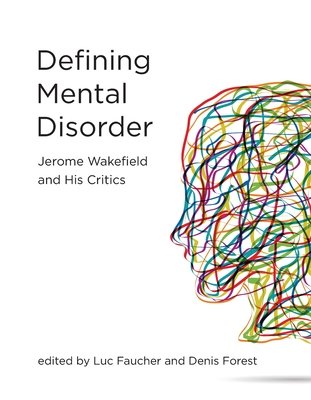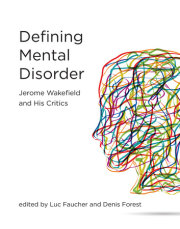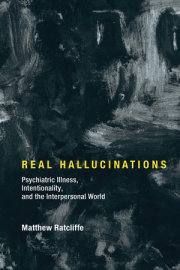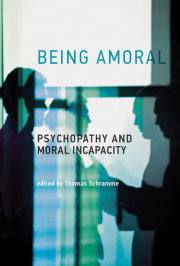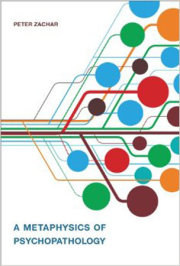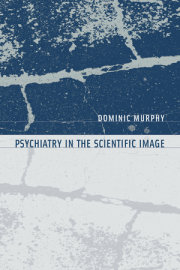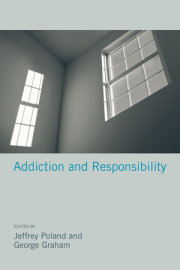Introduction ix
Denis Forest and Luc Faucher
Wakefield Critiques: Introductory Comments xxix
Jerome Wakefield
I On Conceptual Analysis
1 DSM in the Light of HDA (and Conversely) 3
Steeves Demazeux
2 From Ribot and Dupré to Spitzer and RDoC: Does the Harmful Dysfunction Analysis Possess Historical Explanatory Power? Reply to Steeves Demazeux 27
Jerome Wakefield
3 Facts, Facts, Facts: HD Analysis Goes Factual 47
Luc Faucher
4 Do the Empirical Facts Support the Harmful Dysfunction Analysis? Reply to Luc Faucher 71
Jerome Wakefield
5 Against the Disorder/Nondisorder Dichotomy 97
Leen De Vreese
6 Do Clinicians Understand the Harmful Dysfunction Analysis of Mental Disorder? Reply to Leen De Vreese 109
Jerome Wakefield
7 Doing without “Disorder” in the Study of Psychopathology 123
Harold Kincaid
8 Quinian Qualms, or Does Psychiatry Really Need the Harmful Dysfunction Analysis? Reply to Harold Kincaid 133
Jerome Wakefield
II The Demarcation Problem
9 Psychiatric Disorders and the Imperfect Community: A Nominalist HDA 157
Peter Zachar
10 Can a Nonessentialist Neo-Empiricist Analysis of Mental Disorder Replace the Harmful Dysfunction Analysis? Reply to Peter Zachar 177
Jerome Wakefield
III The Dysfunction Component
11 Is the Dysfunction Component of the “Harmful Dysfunction Analysis” Stipulative? 199
Maël Lemoine
12 Is the Harmful Dysfunction Analysis Descriptive or Stipulative, and Is the HDA or BST the Better Naturalist Account of Dysfunction? Reply to Maël Lemoine 213
Jerome Wakefield
13 Function and Dysfunction 251
Dominic Murphy
14 Can Causal Role Functions Yield Objective Judgments of Medical Dysfunction and Replace the Harmful Dysfunction Analysis’s Evolutionary Component? Reply to Dominic Murphy 267
Jerome Wakefield
15 Do the Works of Carl Craver or Marcel Weber Explain How Causal Role Functions Can Provide Objective Medical Judgments of Dysfunction? Supplementary Reply to Dominic Murphy 317
Jerome Wakefield
16 The Developmental Plasticity Challenge to Wakefield’s View 335
Justin Garson
17 Does Developmental Plasticity Pose a Challenge to the Harmful Dysfunction Analysis? Reply to Justin Garson 353
Jerome Wakefield
18 Biological Function Hierarchies and Indeterminacy of Dysfunction: Supplementary Reply to Justin Garson 385
Jerome Wakefield
19 Harmful Dysfunction and the Science of Salience: Adaptations and Adaptationism 397
Philip Gerrans
20 Are Cognitive Neuroscience and the Harmful Dysfunction Analysis Competitors or Allies? Reply to Philip Gerrans 415
Jerome Wakefield
21 Autistic Spectrum, Normal Variation, and Harmful Dysfunction
Denis Forest 433
22 Do the Challenges of Autism and Neurodiversity Pose an Objection to the Harmful Dysfunction Analysis? Reply to Denis Forest 449
Jerome Wakefield
23 Naturalism and Dysfunction 469
Tim Thornton
24 Is Indeterminacy of Biological Function an Objection to the Harmful Dysfunction Analysis? Reply to Tim Thornton 485
Jerome Wakefield
IV The Harmful Component
25 Harmless Dysfunctions and the Problem of Normal Variation
Andreas De Block and Jonathan Sholl 495
26 Can the Harmful Dysfunction Analysis Distinguish Problematic Normal Variation from Disorder? Reply to Andreas De Block and Jonathan Sholl 511
Jerome Wakefield
27 On Harm 537
Rachel Cooper
28 Must Social Values Play a Role in the Harm Component of the Harmful Dysfunction Analysis? Reply to Rachel Cooper 553
Jerome Wakefield
29 Are There Naturally Selected Disorders? Supplementary Reply to Rachel Cooper 577
Jerome Wakefield
Contributors 593
Index 595

